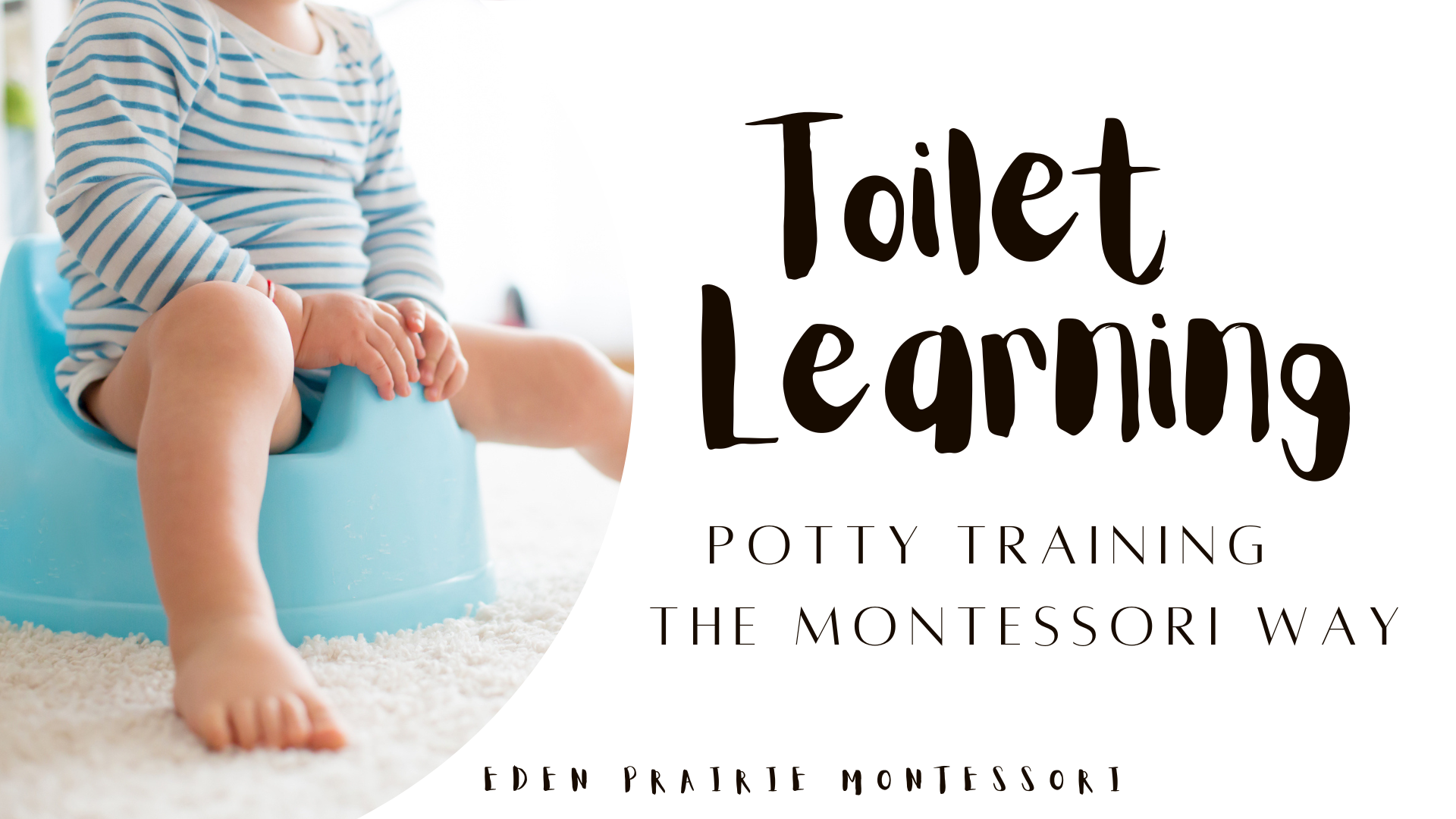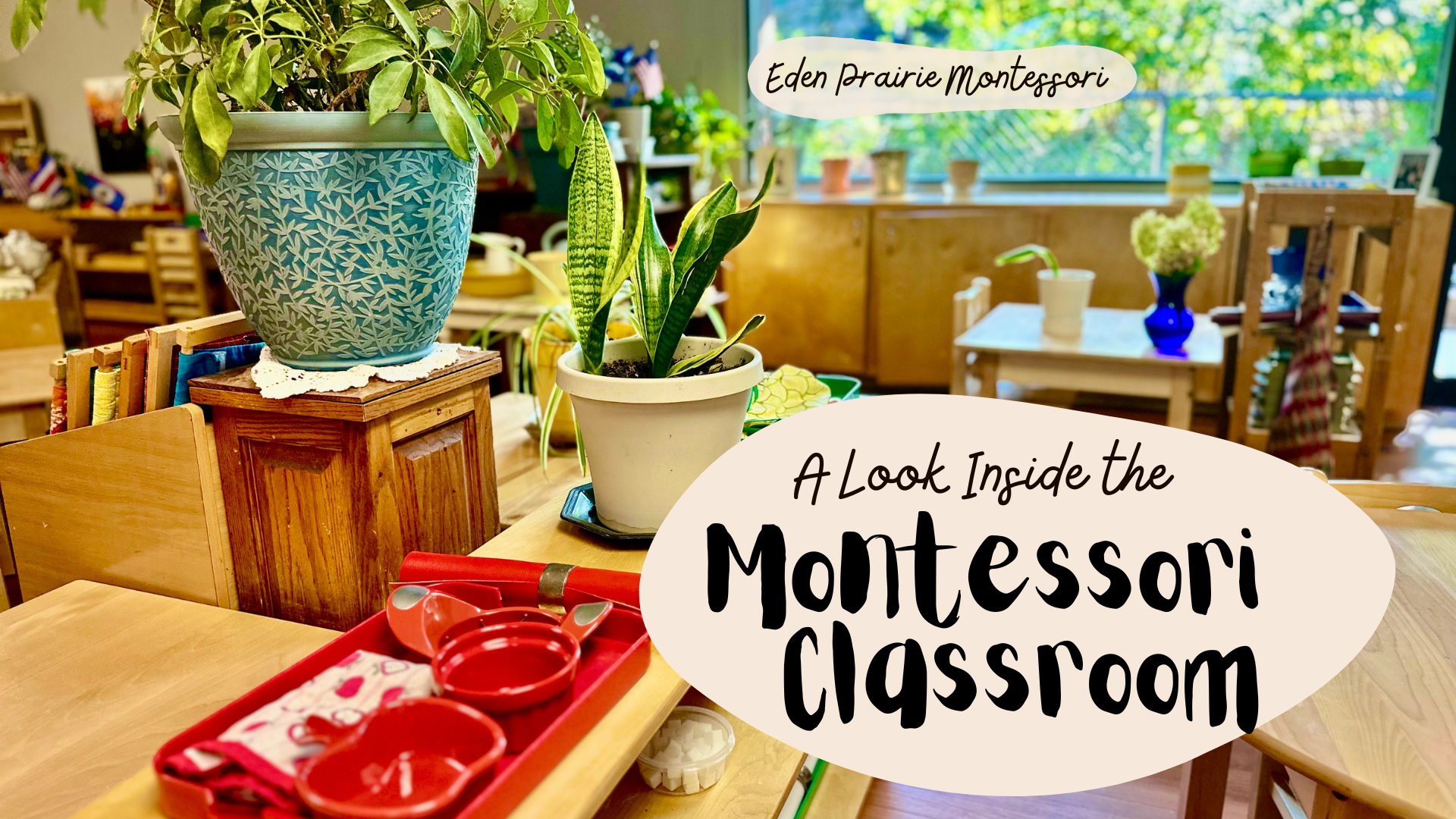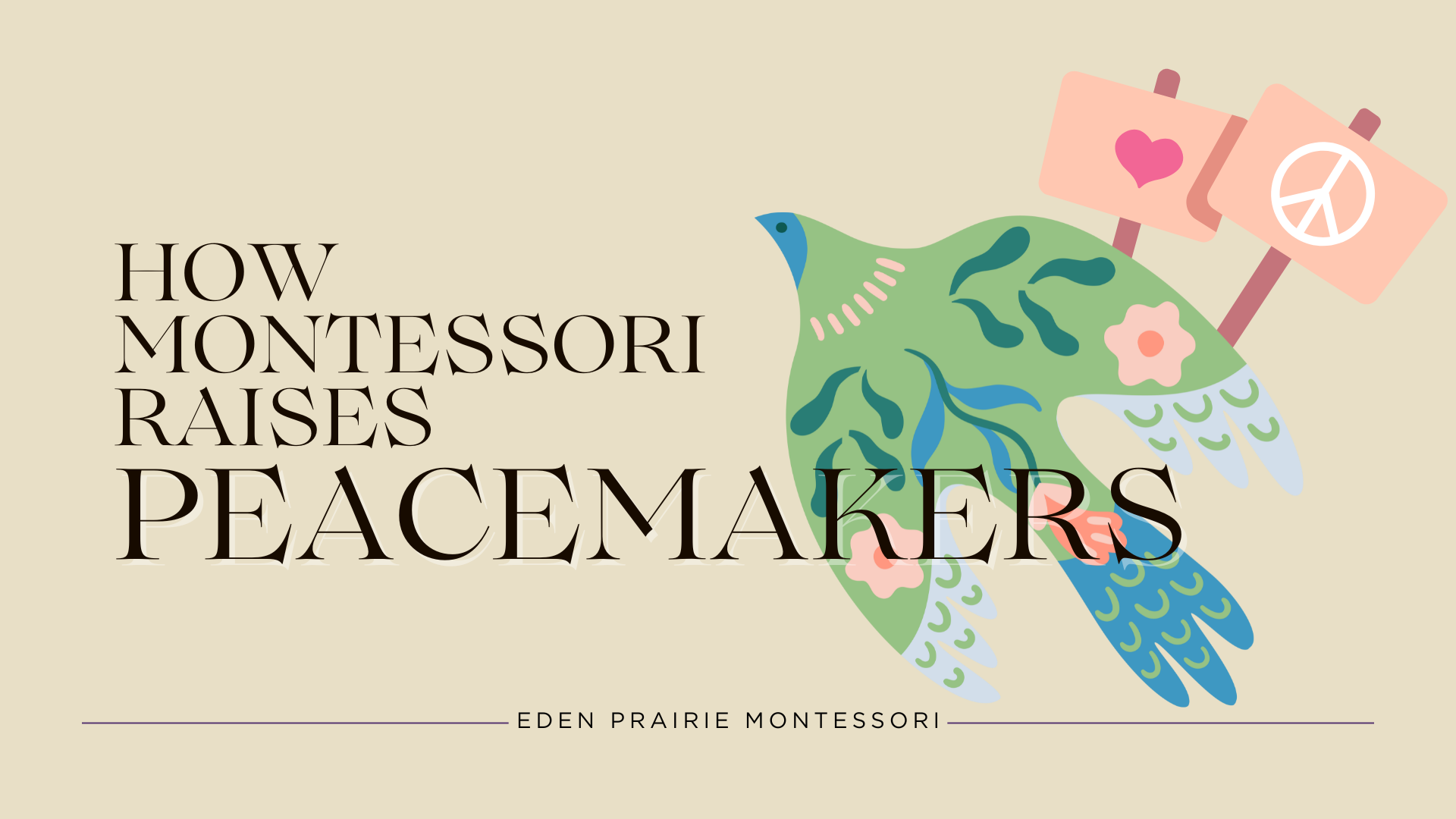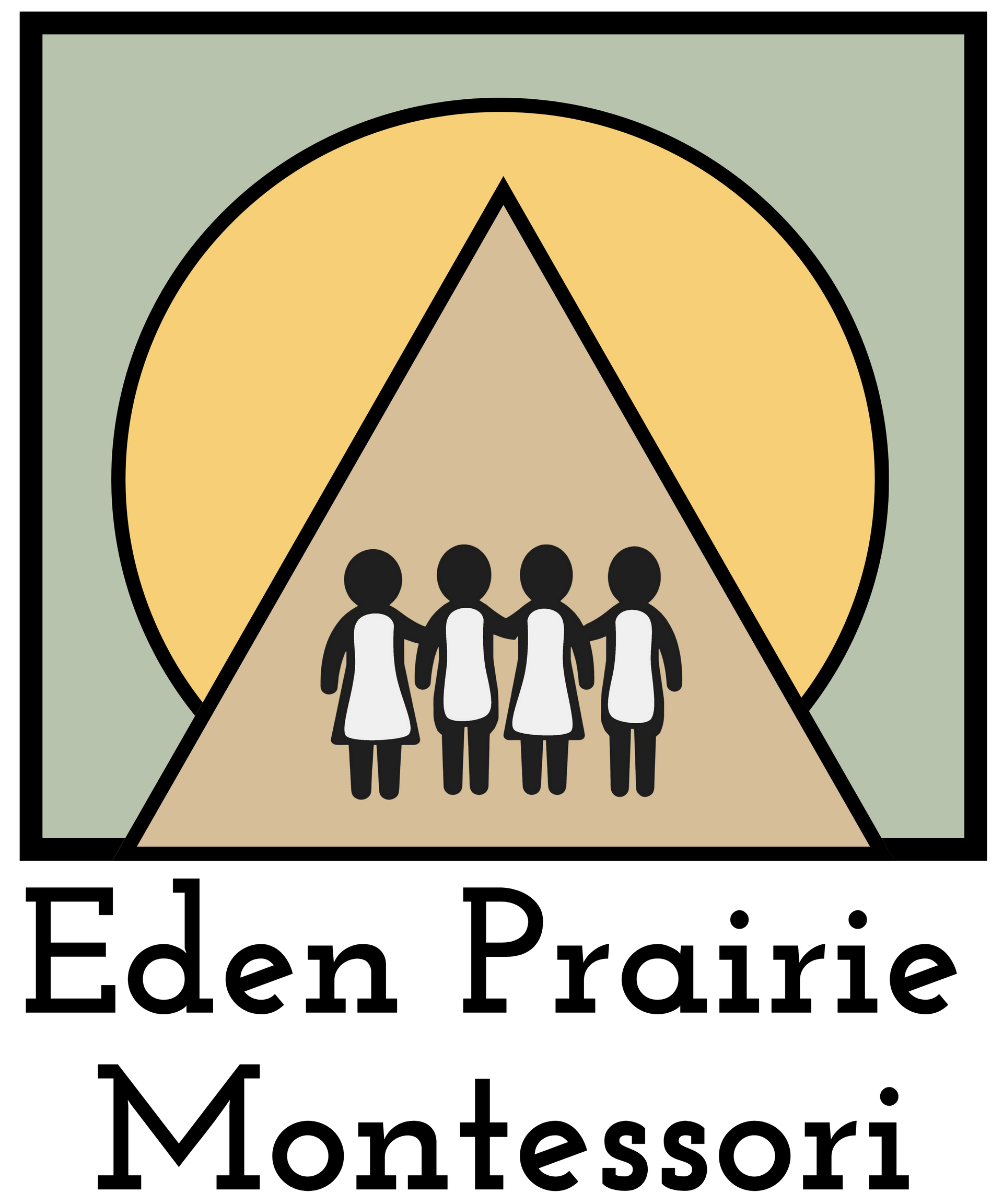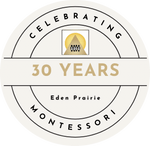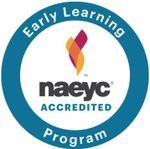Eden Prairie Montessori Learning Blogs
Montessori From A-Z


It’s Montessori A-Z from all of us here at Eden Prairie Montessori.
A is for Absorbent mind
Maria Montessori observed how children learn language without anyone teaching them, which sparked her idea for the “ absorbent mind”. Children under the age of three do not need to have lessons in order to learn. They simply absorb everything in the environment by experiencing it, being part of it.
B is for Birth
“ The greatness of the human personality begins at the hour of birth . From this almost mystic affirmation there comes what may seem a strange conclusion: that education must start from birth . ” ― Maria Montessori
C is for Child
“The child is both a hope and a promise for mankind.” ― Maria Montessori
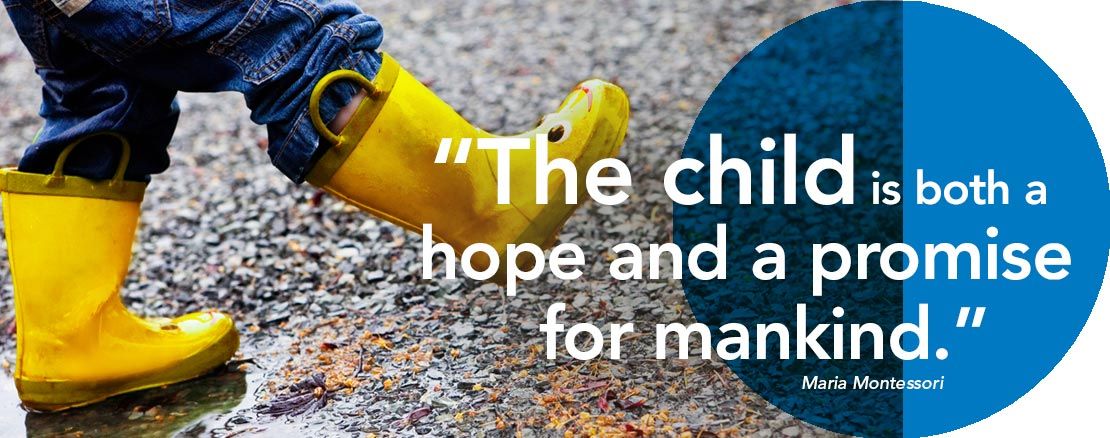
D is for Development
“The greatest development is achieved during the first years of life, and therefore it is then that the greatest care should be taken. If this is done, then the child does not become a burden; he will reveal himself as the greatest marvel of nature.” ― Maria Montessori
E is for Education
“We cannot know the consequences of suppressing a child’s spontaneity when he is just beginning to be active. We may even suffocate life itself. That humanity which is revealed in all its intellectual splendor during the sweet and tender age of childhood should be respected with a kind of religious veneration. It is like the sun which appears at dawn or a flower just beginning to bloom. Education cannot be effective unless it helps a child to open up himself to life.” ― Maria Montessori
F is for Follow the child
Follow the child, they will show you what they need to do, what they need to develop in themselves and what area they need to be challenged in. The aim of the children who persevere in their work with an object is certainly not to “learn”; they are drawn to it by the needs of their inner life, which must be recognized and developed by its means.
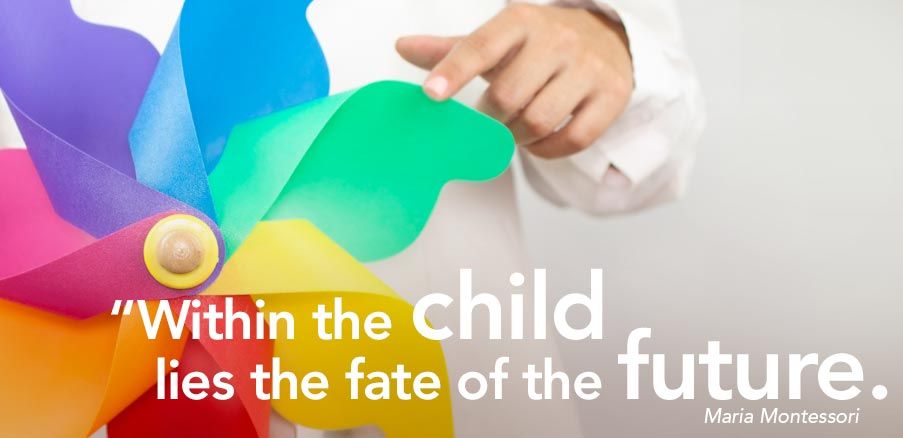
G is for Guide
Children at Montessori schools generally guide their own learning. A good Montessori school will teach children to respect each other and their environment and encourage them to guide themselves and be as independent as possible.
H is for Hands-on learning
Montessori classrooms are interactive environments in which hands-on exploration is not only encouraged, it is necessary. By using the mind, the body, and the senses, learning becomes an activity that engages the whole self.
I is for Independence
“Never help a child with a task at which he feels he can succeed.”
“The child seeks for independence by means of work; an independence of body and mind. Little he cares about the knowledge of others; he wants to acquire a knowledge of his own, to have experience of the world, and to perceive it by his own unaided efforts.” – Maria Montessori.
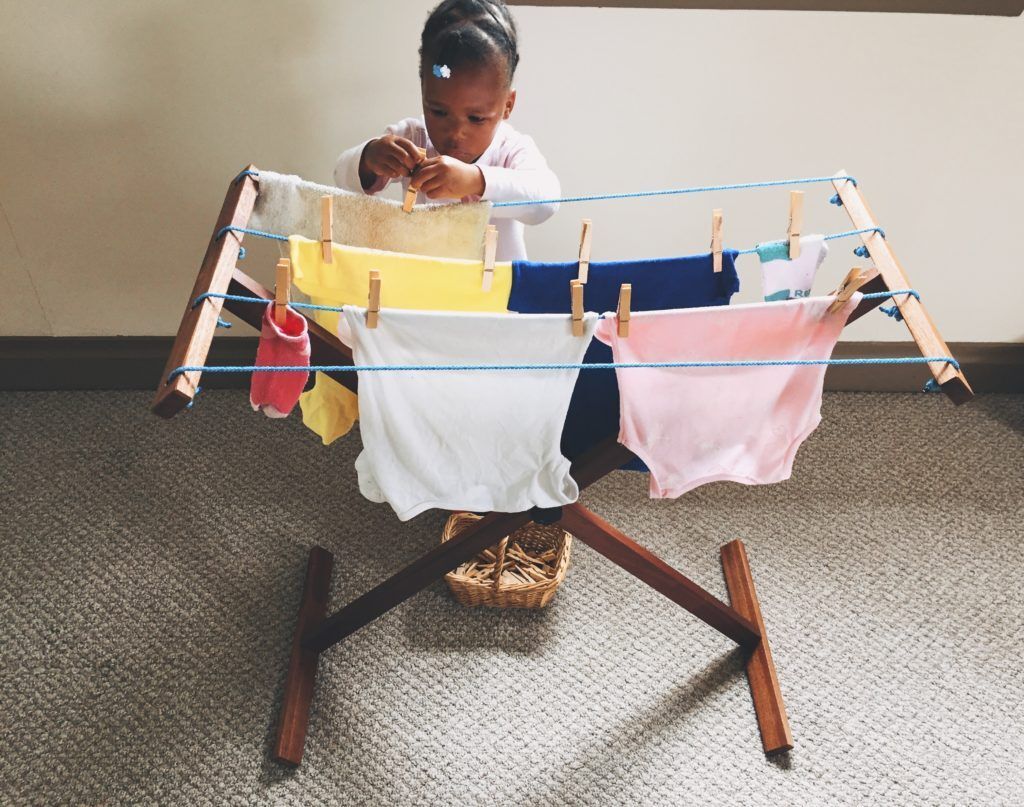
J is for Journey
Montessori is a journey . We learn something new every day…even as teachers!
K is for Knowledge
“The senses, being explorers of the world, open the way to knowledge .” ― Maria Montessori
L is for Love
“Of all things love is the most potent.” ― Maria Montessori
M is for Maria Montessori
Dr. Maria Montessori is the founder of the Montessori method of education. She started her first classroom “Casa dei Bambini” or Children’s House in 1907. Her method of education stresses the importance of respecting children – “Help me to help myself”. Maria Montessori was a pioneer of theories in early childhood education, which are still implemented in Montessori schools all over the globe.
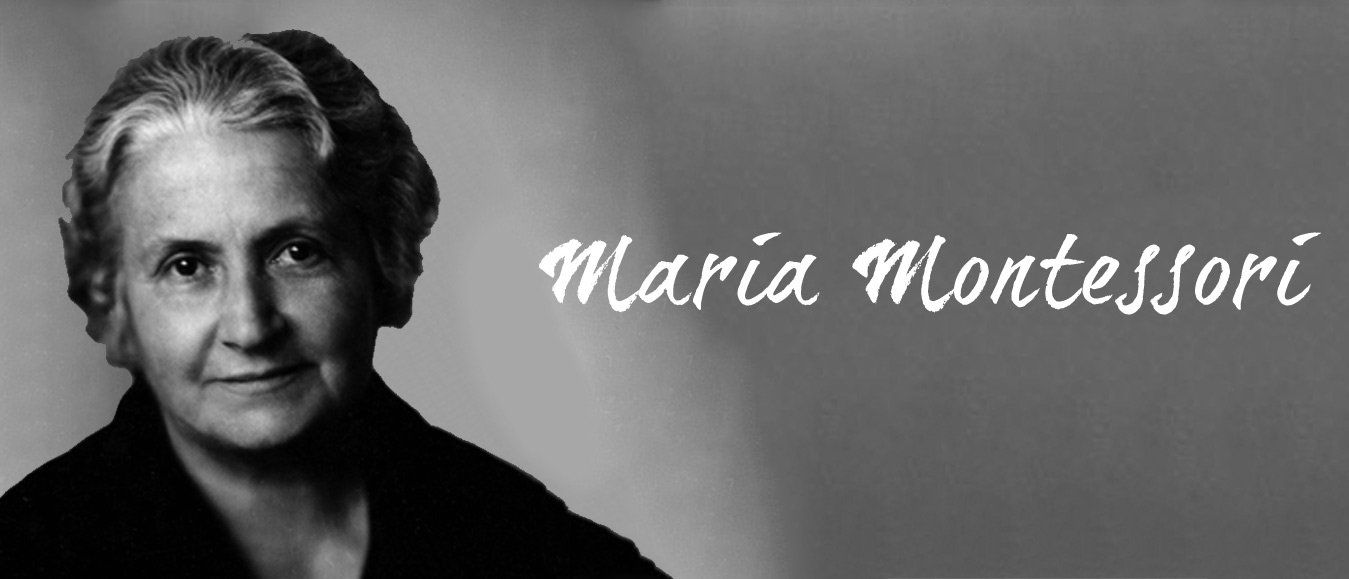
N is for Nurturing
Concentrate on nurturing the good in a child. That way, there will be no place left in them for the bad.
O is for Observation
Observation is the cornerstone of the Montessori method. Dr. Montessori’s observations enabled her to provide for the needs of the child. She never stopped observing the child, and neither should we!
P is for Prepared environment
The prepared environment is important part of Montessori. Rooms are child sized with activities set up for success and allow freedom of movement and choice, where the child can explore. The environment is prepared and ready for the children so it invites them to work.
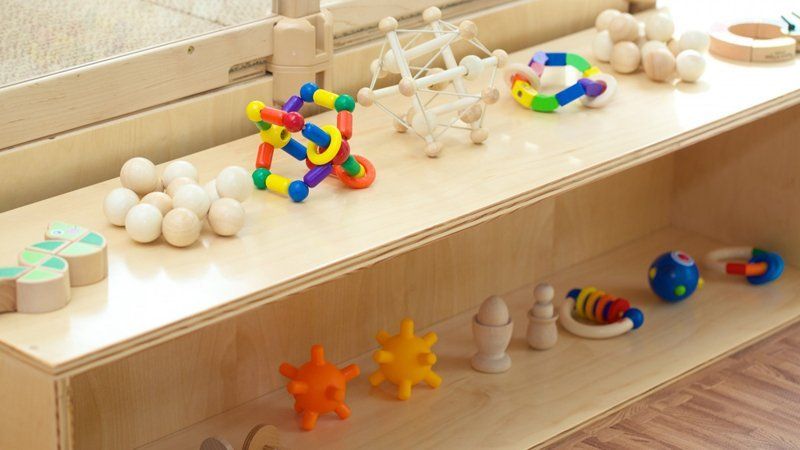
Q is for Quiet
In a Montessori classroom environment, children learn to speak quietly with each other and to walk up to a teacher with a request instead of yelling it across the room. A quiet environment is much more conducive to quality learning. It is no wonder that children in a Montessori classroom seem joyful, relaxed, and happy!
R is for Respect
Respect a child even when they make a mistake. They will be able to correct their error soon enough.
S is for Support
If a child is given support , they will be confident.
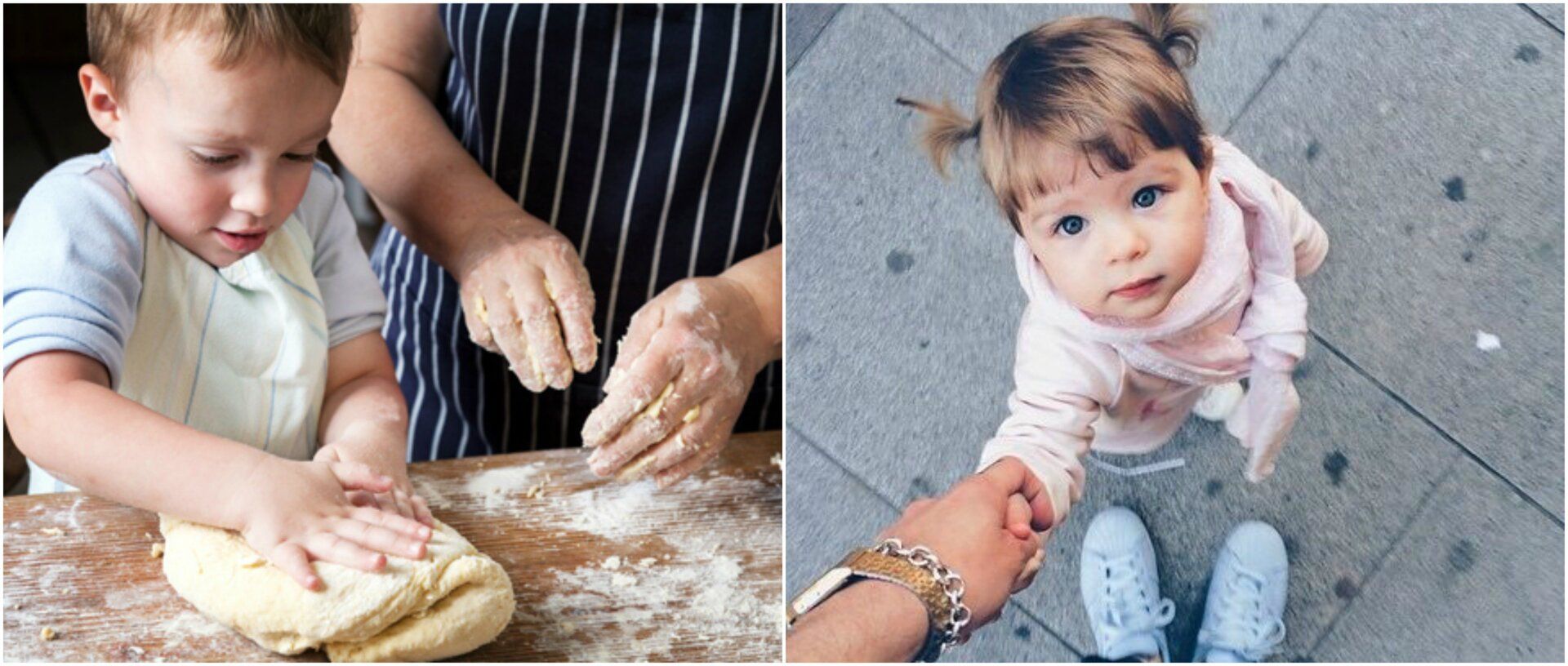
T is for Teacher
“It is not enough for the teacher to love the child. She must first love and understand the universe. She must prepare herself, and truly work at it… The greatest sign of success for a teacher is to be able to say, “The children are now working as if I did not exist.” ― Maria Montessori
U is for Unity
“We shall walk together on this path of life, for all things are part of the universe and are connected with each other to form one whole unity .” ― Maria Montessori
V is for Vocabulary
The young child’s vocabulary increases exponentially in the years from 3-6. To feed this natural hunger for words, vocabulary is given: the names of biology, geometry, geography, and so forth, can be learned as well as the names of qualities found in the sensorial material. The child’s absorbent mind takes in all these new words “rapidly and brilliantly.”
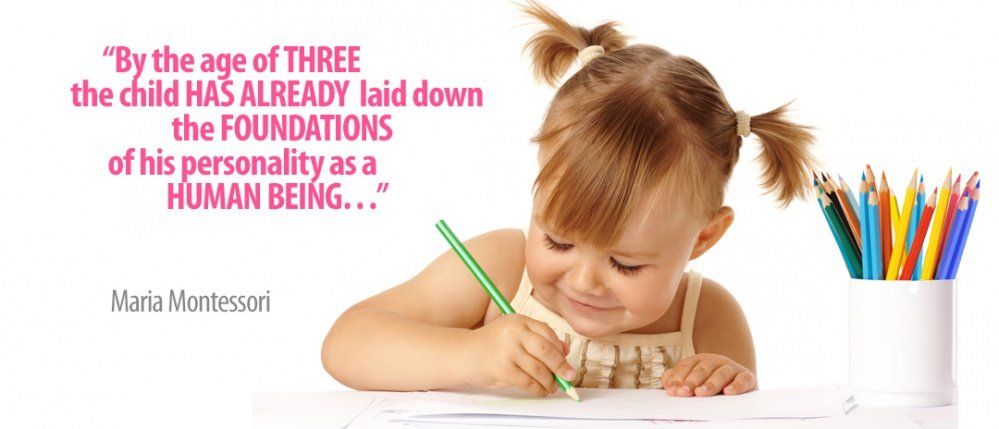
W is for Work
“Play is the work of the child.” ― Maria Montessori
X is for eXperiences
“The environment must be rich in motives which lend interest to activity and invite the child to conduct his own experiences .” ― Maria Montessori
Y is for early Years
Montessori called the child under six years old “a sensorial explorer” and based her educational approach for the child’s early years upon the child’s learning through the senses.
Z is for Zone
There are generally 5 zones in a Montessori classroom: Practical Life, Sensorial Activities, Language, Mathematics, and Cultural Studies.
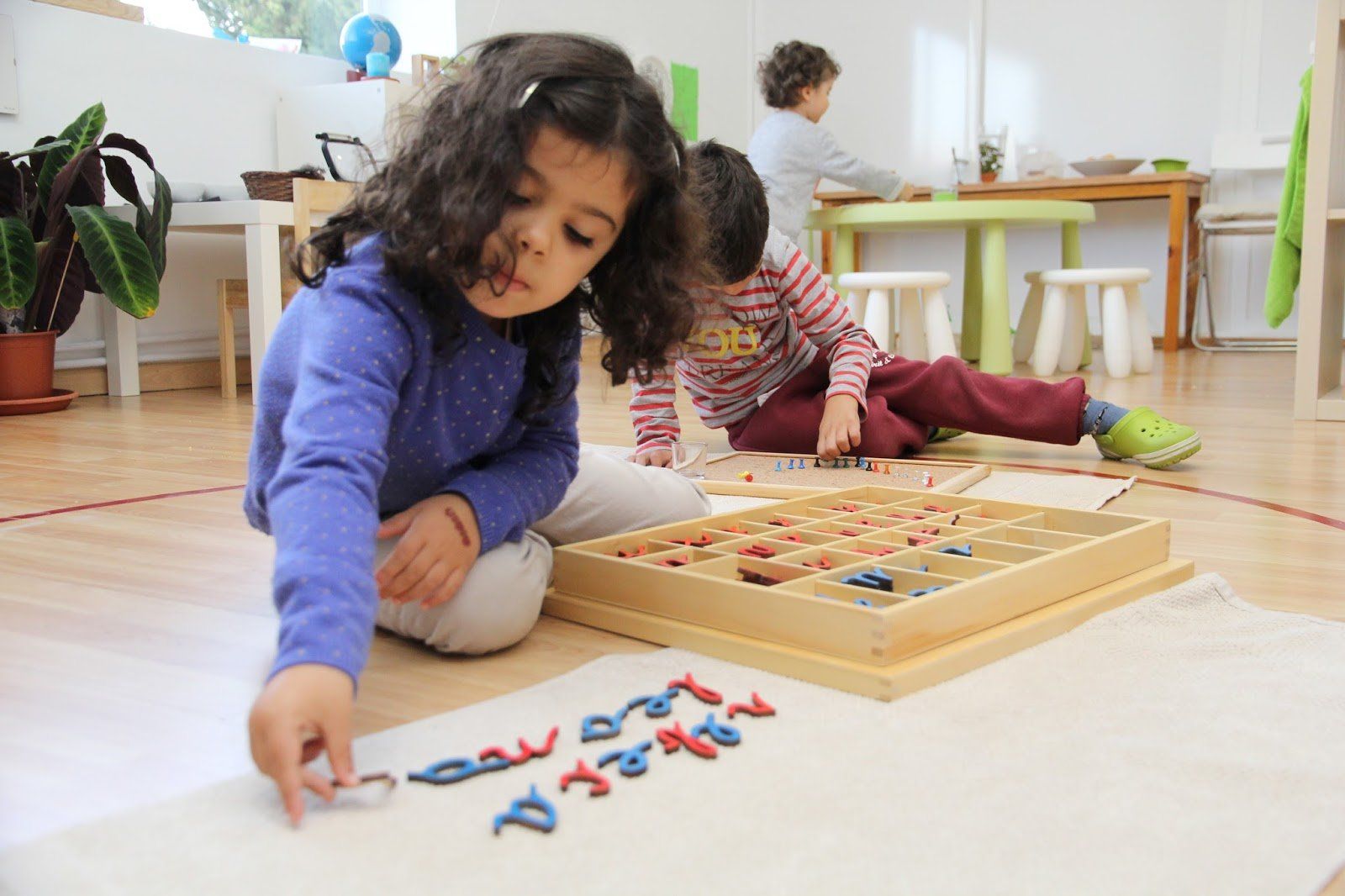

Contact us to schedule a tour and learn more about the Montessori difference!
To learn more about our child care center in Eden Prairie and programs, contact us at (952) 944-8466. We look forward to meeting you!
Or for more info about our programs click the button below and we’ll send you an email:
The post Montessori From A-Z appeared first on Eden Prairie Montessori.
Contact us today to get your free informational e-packet or book a tour!
Contact Information:
7455 Market Place Dr
Eden Prairie, MN 55344-3635
Phone: (952) 944-8466
Email: north@epm.education
Mon to Fri: 7:00am to 5:30pm
Sat & Sun: Closed
All Rights Reserved | Eden Prairie Montessori Learning


